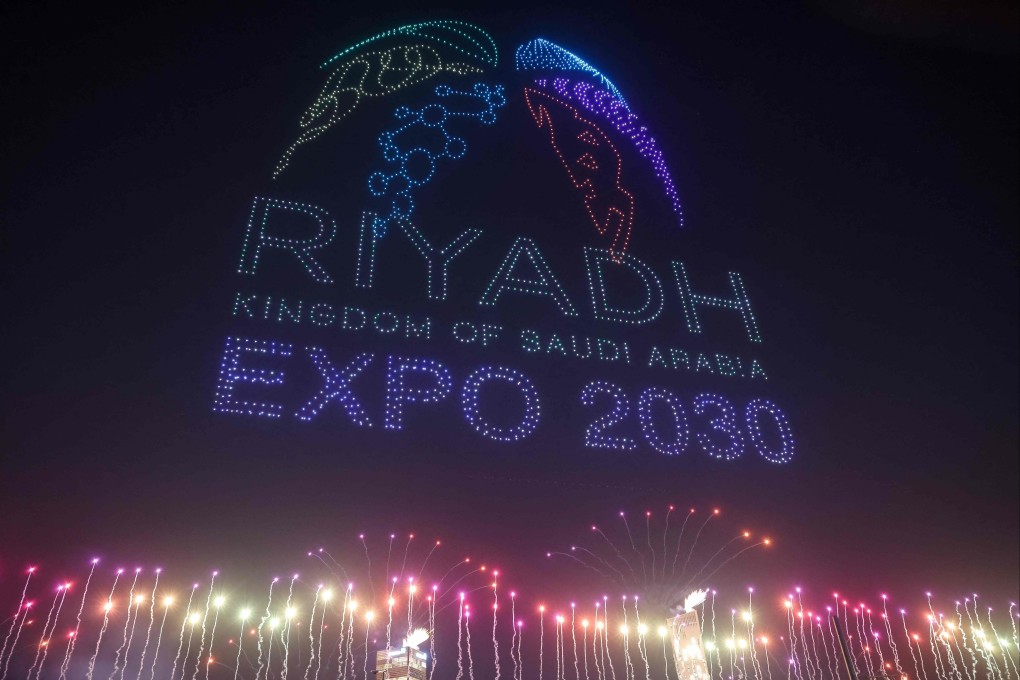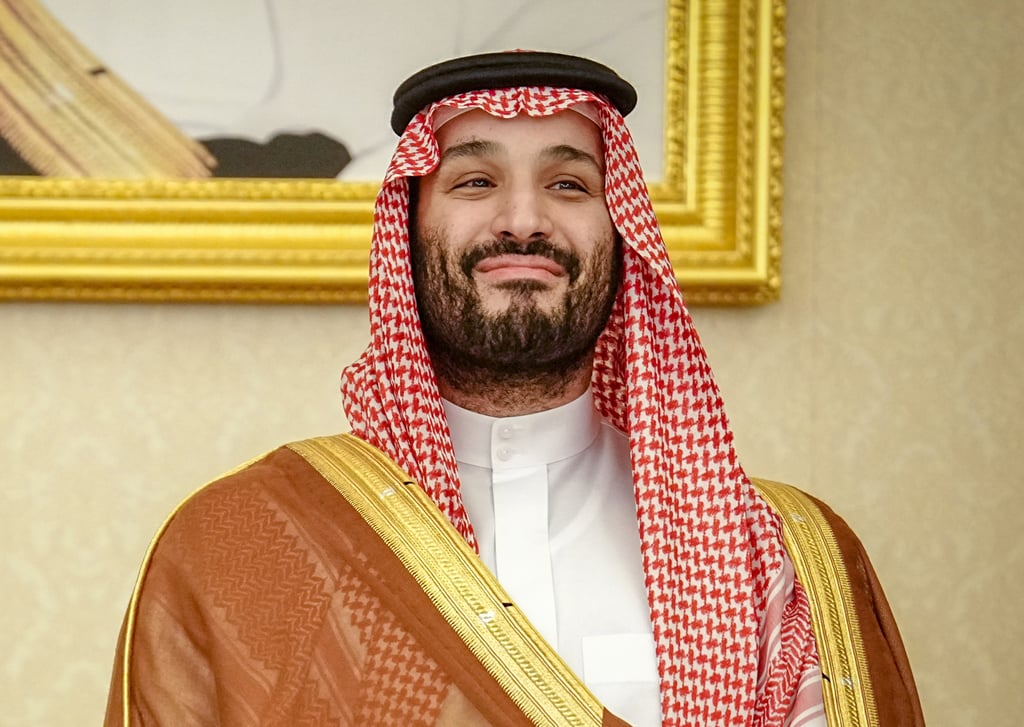‘World will be watching’: can Saudi Arabia’s crown prince MBS deliver Expo 2030 success?
- The event will coincide with the completion of Vision 2030, Crown Prince Mohammed bin Salman’s US$1.25 trillion programme to ‘transform’ Saudi Arabia into a modern powerhouse
- By authoring the kingdom’s ‘success story’, he could also further ‘rehabilitate’ his global standing, which was smeared in 2018 over the murder of journalist Jamal Khashoggi

But the 38-year-old leader will have to deliver and meet the high expectations of Saudi Arabia’s fast-growing youthful population and prospective foreign investors alike, long-time observers of the oil-rich desert kingdom told This Week In Asia.
The occasion will also further test the personal standing of the Saudi crown prince – widely referred to by his initials MBS – as a political leader, because of the not-surprisingly stubborn smear on his reputation caused by the brutal 2018 murder of dissident Saudi journalist Jamal Khashoggi, at the hands of security agents at the kingdom’s consulate in Istanbul.

Saudi officials have been quick to acknowledge that the timing of the world exposition in Riyadh is crucial, because it will coincide with the completion of MBS’ 15-year, US$1.25 trillion Vision 2030 programme to grow and diversify the Saudi economy into a global, modern powerhouse on par with the European Union.
The year 2030 “obviously has enormous significance to Saudi leadership”, given the prominent role of Vision 2030, said Robert Mogielnicki, a senior resident scholar of The Arab Gulf States Institute in Washington.
Hosting the World Expo means the crown prince “has already lined up a tangible achievement”.
“It is a commercial feather in the cap of Saudi Arabia’s leadership and is the type of global spotlight that the government wants to shine on the country,” he said.
Preparing for Expo 2030 will “add urgency” to Saudi Arabia’s current plans and provide an incentive to ensure that goals are met on time, said Amjad Ahmad, chairman of the empowerME Initiative at the Atlantic Council’s Rafik Hariri Centre for the Middle East.
